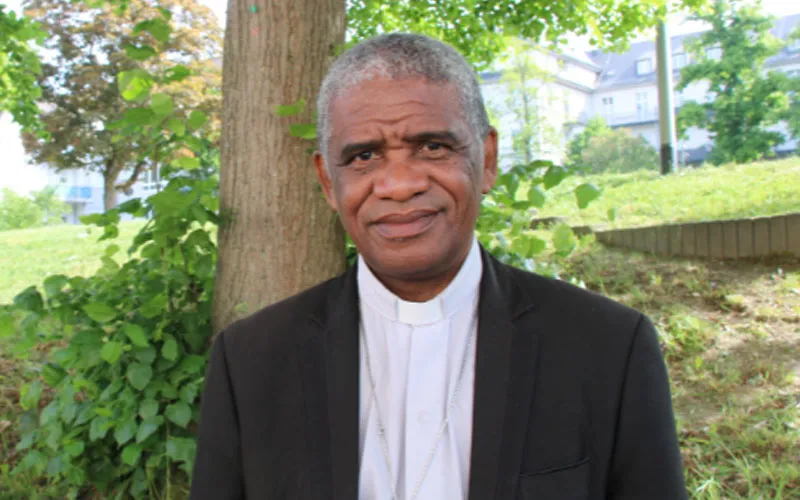Toamasina, 24 July, 2022 / 9:00 pm (ACI Africa).
Désiré Cardinal Tsarahazana, Archbishop of Toamasina in Madagascar has decried what he terms as rampant corruption in the country, and blamed the country’s deteriorating social structures on graft.
In an interview with Catholic Pontifical and Charity Foundation, Aid to the Church in Need (ACN) International, Cardinal Tsarahazana described Madagascar as “a country of great contrasts”, one blessed with many resources but with “deteriorating” social structures.
“Ours is a country of great contrasts. We have many resources, but the country is deteriorating,” Cardinal Tsarahazana has been quoted as saying in July 15 report by ACN.
He added, “There is a deterioration that is mostly linked to corruption. Many people want to enter politics so as to get rich as quickly as possible. There is also lack of education and civility because much of the deterioration is not economic, but social. The two are connected. If there is corruption, there is injustice; where there is injustice, there is no peace.”
To overcome corruption in Madagascar, “hope is essential”, the Cardinal said.








